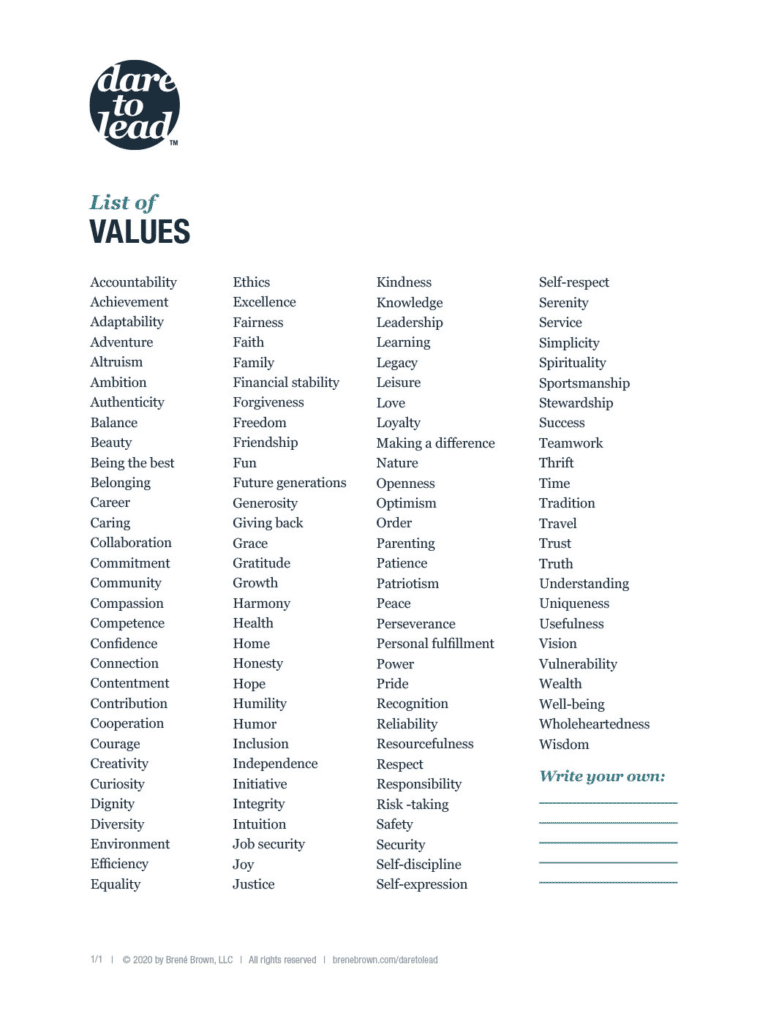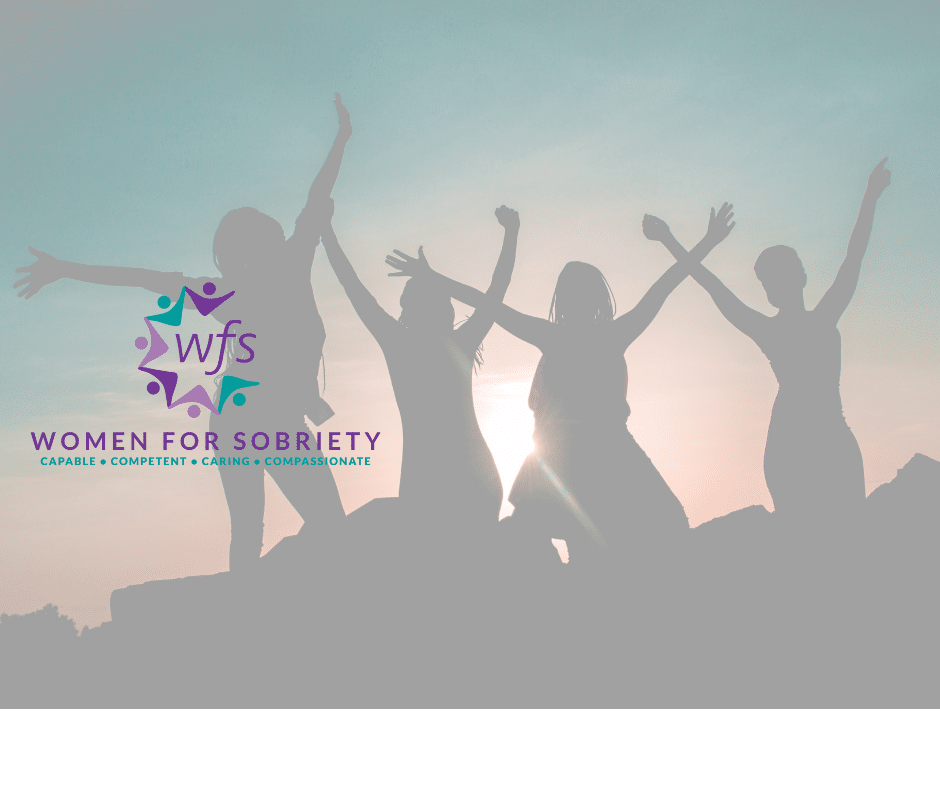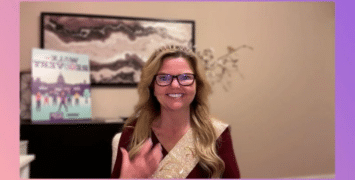Your cart is currently empty!

Monday Thoughts 1.15.24

“Speak your mind, even if your voice shakes.”
Maggie Smith
“It’s not about finding your voice; it’s about giving yourself permission to use your voice.”
Kris Carr
“It took me a long time to develop a voice, and now that I have it, I am not going to be silent.”
Madeleine Albright
#4 Problems bother me only to the degree I permit.
I now better understand my problems.
I do not permit problems to overwhelm me.
In the past many women experienced a type of silent conditioning to “keep the status quo” or “not ruffle feathers” to their detriment. While on the outside it may have looked like everything was fine but underneath there was a seething underworld of intense emotion going on. Frustration and decreasing self-worth arose and so did Substance Use Disorders. Thankfully, things change. Today women are much more comfortable speaking up and are not afraid to be heard.
How many times did I stay silent when wanting to say something? Too many to count. It felt suffocating and diminishing to stay silent yet that was what I knew. Fear held me back from speaking up, which then intensified my drinking since keeping silent had added a new struggle; now I had to deal with my own judgment in addition to what I wanted to speak up about. It had become a depressing cycle of alcohol, problems, feeling overwhelmed, and escaping life. Gratefully, sobriety and Statement #4 in action instill value, self-worth, and new tools to manage problem-solving.
In her book, Goodbye Hangovers Hello Life, our founder, Jean Kirkpatrick, Ph.D. writes “Our goal now is to recognize our problems and to put them into a proper perspective: accepting that we have them and they must be solved but not letting them take us over. This new middle-of-the-road way of life will be very unfamiliar since we have mostly lived with go-for-broke, self-destructive attitudes much of the time.” The simple fact of maintaining sobriety helped to establish a new perspective and YES, I CAN became easier to say and actually believable. These small measures over time helped to embrace my voice and learn when and how to use it. The beauty of Statement #4 is that there is always a way to adapt perspective to whatever problems present themselves while uncovering inner strengths.
Hugzzz
Karen
Dear 4C Women,
There is a strong connection between finding your voice and learning problem-solving/decision-making skills. I have said many times that there is a huge difference between “problems” and real “concerns” that need to be addressed. In finding my voice, I learned the words to protect and honor my core values of caring and justice. I care very much about supporting and encouraging others to create their New Life in recovery and having justice for those who deserve and need it. Please note that I didn’t say I was responsible for the change in people’s lives. I am a cheerleader of sorts but only the individual can make their own life changes.
I relate to each one of the quotes Karen shared, especially about not just finding your voice but permitting yourself to use your voice. Growing up I had lots of feeling thoughts in my head but expressing them scared me to the point of being immobile. I wanted everyone to be happy even when my feelings were hurt or ignored. I remember the first time I expressed anger when I was around 12. It surprised my mom and older sister so much that they laughed hysterically. I learned a big lesson that day. I learned in that moment that I would not be taken seriously in expressing my authentic feelings. I felt shamed for expressing my feelings and went right back to being silent which did not serve me well for a very long time. I needed to learn how to express myself without fear but with courage and confidence. Otherwise, I would never learn to problem-solve through using my words and actions. Until that happened, I would only continue to hurt myself which I did by silencing my feelings with alcohol. I was such a people pleaser that I had no clue what my values were and that’s crucial in knowing when and how to be proactive and not a welcome mat to hurting me. It was WFS that led me on the path of expressing my feelings in a way that I would hopefully be heard and if not, at least I said it with confidence and a clear understanding of my values. Even though I was sometimes shouting and exploding in my head, I knew it would not help in being heard or taken seriously. It felt strange to face my fears and so right all at once. It took a while to feel the confidence yet setting boundaries helped me. Of course, it took a while to learn that I had to respect those boundaries and not expect others to honor them. I learned that mostly through family. There is so much history and emotional attachment when it comes to setting boundaries with family. I am still learning and that’s fine with me. Life is a journey and I’m willing to be a student in this sober life. Speaking my voice gave me a purpose. – I matter and I am enough to be a supportive encourager and help others achieve their recovery path.
Can you discern the difference between a problem and a concern? Could you share your process with others in recovery? (This is where we are students and teachers)
How did it feel the first time you spoke your authentic voice?
Do you know what your core values are? To help, I have included the list Brene Brown created that I found online and which she encouraged that it be shared.
Living into our values means that we do more than profess our values, we practice them. We walk our talk—we are clear about what we believe and hold important, and we take care that our intentions, words, thoughts, and behaviors align with those beliefs (Brene Brown).
Bonded in honoring our core values and speaking our voice, Dee


“We cannot walk alone.”
Martin Luther King Jr.



